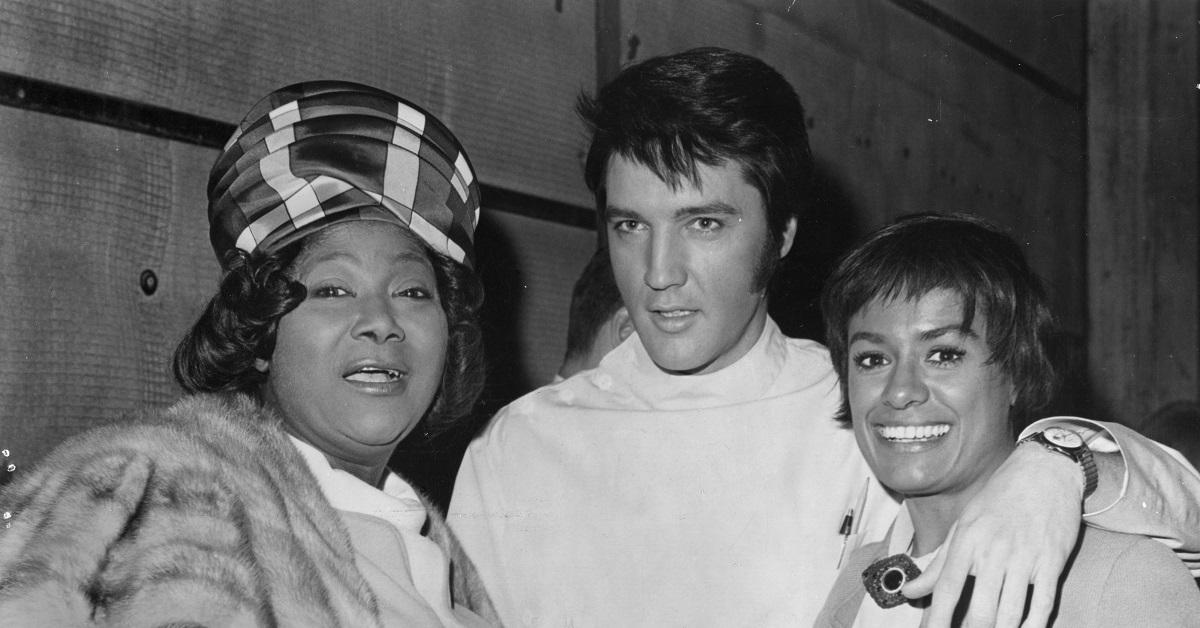In the ever-evolving tapestry of American music, rock ‘n’ roll has played a pivotal role, leaving behind a legacy that’s both transformative and paradoxical. This genre, which once seemed like a harbinger of change, shaking the foundations of racial dynamics, gender norms, and cultural divides, ultimately came to embody the very inequalities it promised to dismantle.
The Evolution of Rock ‘n’ Roll
From Integration to Commodification: The Journey of Rock Music
In the 1950s, rock ‘n’ roll emerged as a revolutionary force, challenging racial boundaries and societal norms. It carried the promise of integration, providing a platform for African American artists and contributing to cultural diversity. However, by the 1970s, rock had transformed into a white-dominated, male-dominated, multi-million dollar industry. This evolution raises questions about its true impact on dismantling systemic racism.

Rock’s Tumultuous Relationship with Race
Rock’s history with race is a complex narrative, marked by naivety, ignorance, and undeniable hypocrisy. It encapsulates the struggle between its roots as a genre pioneered by African American artists and its subsequent appropriation by white musicians.
Debunking the Elvis Presley Myth
One of the most controversial figures in rock history is Elvis Presley. His infamous quote, “The only thing Negroes can do for me is shine my shoes and buy my records,” has cemented his image as a symbol of cultural appropriation and white privilege. But what if this quote is a fabrication?

The Truth About Elvis
The widely circulated quote attributed to Elvis Presley came from a 1957 article titled “How Negroes Feel About Elvis” in the Sepia magazine. However, there’s a twist. At the time, Sepia, although white-owned, had a black staff and was aimed at black readers. Elvis had never visited Boston or appeared on Edward R. Murrow’s show, where the quote was claimed to have been said.
Elvis’s Side of the Story
Louis Robinson, Jet magazine’s associate editor, interviewed Elvis in 1957, and Elvis firmly denied ever making such a statement. He emphasized that he never uttered those words and expressed his admiration for African American artists, such as Fats Domino.
Elvis’s Connection with the Black Community
Elvis’s upbringing in Tupelo, Mississippi, immersed him in African American culture. He associated with musicians like Ike Turner and later became close friends with legends like B.B. King and James Brown. Despite allegations of racism, Elvis had deep ties to the black community and embraced the music he loved.

The Paradox of Rock’s Legacy
The conflicting nature of rock’s legacy mirrors the genre itself. While Elvis Presley may not have been the villain history portrays him as, his role in mainstreaming rock music highlights a larger issue. Rock, originating from black artists, was repackaged by white media and embraced by white audiences. This transformation inadvertently perpetuated racial disparities, even if Elvis himself was not a racist.
A Genre in Flux
As rock music evolved, so did its relationship with society. Elvis’s era symbolized an America that was changing, and he transitioned from a symbol of rebellion to a mainstream icon. The ’60s generation was about transformation, and Elvis’s image changed accordingly.

Rock music’s legacy is indeed conflicted. It represents a journey from integration to commodification, from challenging norms to reinforcing them. Elvis Presley’s story serves as a microcosm of this complex history, where truth intertwines with myth, and symbolism with reality.
Conclusion
Rock music’s legacy is a reflection of the broader societal transformations it encapsulates. It reminds us that even in the pursuit of change, there can be unintended consequences. Elvis Presley, once a symbol of rebellion, became part of the establishment, embodying the multifaceted nature of rock’s impact on American culture.









